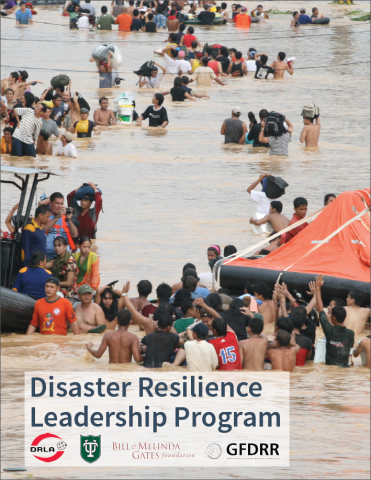Impact and Cost Benefit Analysis: A Case Study of Disaster Risk Reduction Programming In Red Sea State Sudan, 2009
Red Sea State in Sudan suffers regular droughts which have resulted in increased vulnerability of the indigenous nomadic Beja pastoralist community. Activities that were once coping strategies have become part of normal regular patterns of activity despite the fact that they are of an unsustainable nature. The Norwegian and Danish Red Cross have supported the Sudanese Red Crescent Society, for over twenty years, to undertake longer term programming that aims to reduce the vulnerability of the Beja population to recurrent droughts and protect, where possible, the assets that communities have in order to build resilience to disasters. Published in 2009.

